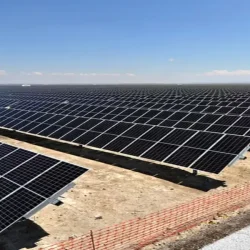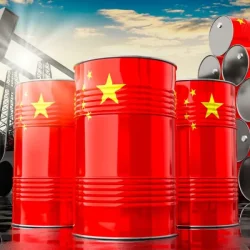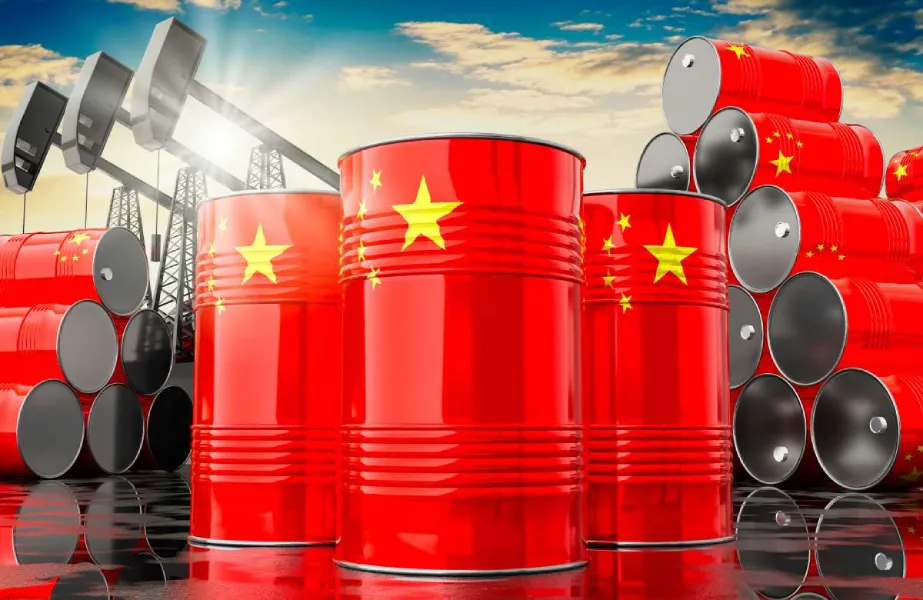UAE: Geopolitical Battleground Between China and the U.S. over Energy
According to Miznaft, the United Arab Emirates has emerged as a key arena in the geopolitical competition between China and the United States, due to its strategic location and its daily production of 3 million barrels of crude oil.
A recent five-year LNG agreement between China’s state-owned Zhenhua Oil and Abu Dhabi National Oil Company (ADNOC), set to begin in 2026 with annual imports of 800,000 tons, has drawn serious attention from U.S. officials. American sources confirm that all Chinese energy-related moves in the Middle East are under scrutiny.
The UAE’s strategic location—especially the Fujairah port near the Strait of Hormuz—positions it as a vital energy hub connecting East and West. China, through its Belt and Road Initiative, has heavily invested in the UAE’s energy infrastructure and is intent on maintaining influence over key maritime chokepoints such as Hormuz and Bab el-Mandeb.
Meanwhile, Washington is increasingly wary of Chinese military and economic expansion. After discovering a secret Chinese military facility under construction at Khalifa Port in 2021, the U.S. increased pressure on the UAE. In early 2024, Abu Dhabi restricted U.S. air operations from Al Dhafra Air Base without prior notice, prompting a relocation of American forces to Qatar—marking a potential shift in Gulf alliances.









